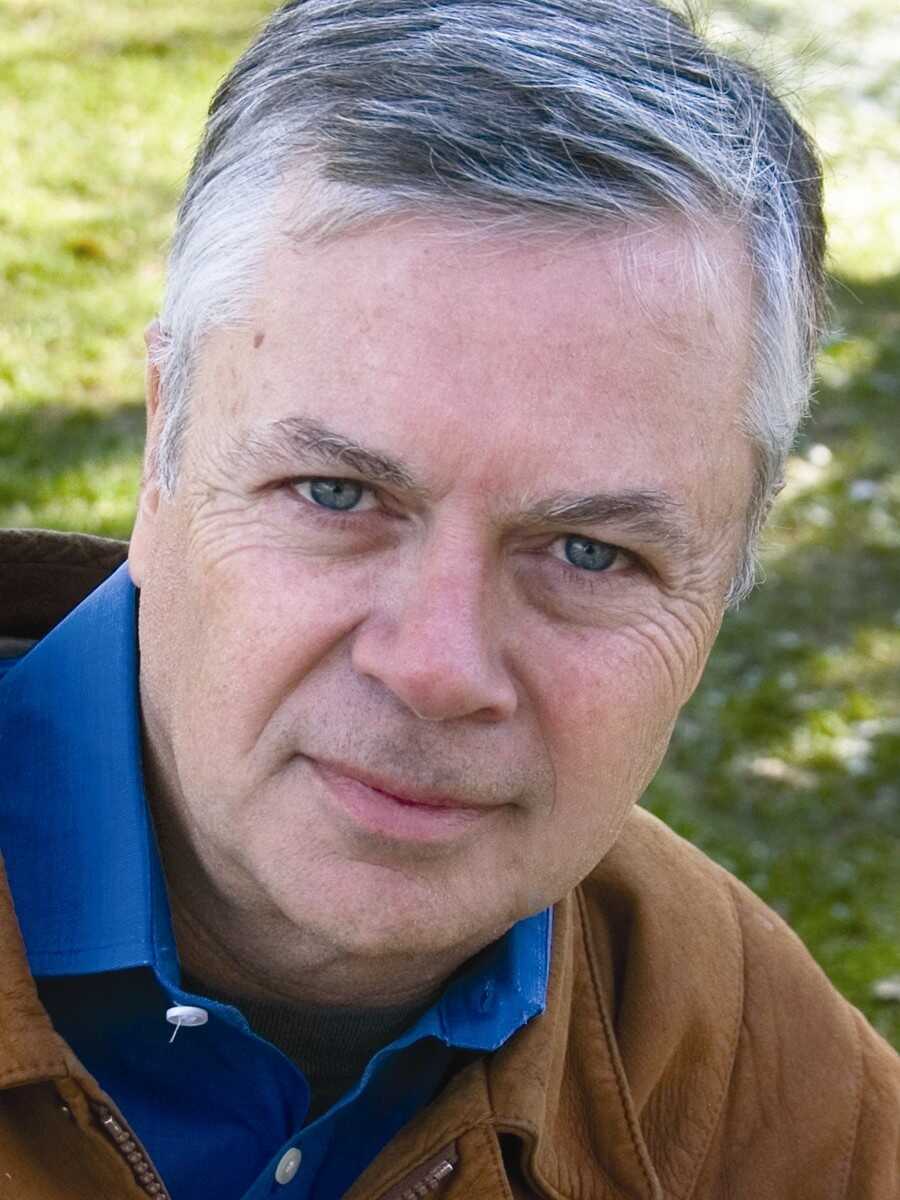

As always, I thank Michael Conway Garofalo for his excellent, careful work turning the audio recording into a transcript.

Midway we took a coffee-and-smoke break, and it punctuated Part 1 well. We sat on his porch for most of a partly sunny August morning. I met him at his summer residence in Truro, the Cape Cod town that has been refuge for generations of writers and artists for a century or more. Stephen Kinzer is that rare correspondent who makes the leap from newspapers into history and lands standing up. Were I a museum curator, I would consider this interview a kind of retrospective, and what Kinzer does in The True Flag is the origin of the thought.

I rank The True Flag with what I heretofore considered Kinzer’s best, The Brothers (2013), a biography of John Foster and Allen Dulles that leaves you asking: Do I laugh or cry in the face of their reckless insanities? (Both, is the best answer I can manage.) Among the singular features of the new book is its position: The True Flag begins at the beginning, tying all the rest together as if they are one (which Kinzer tells me they indeed are). Kinzer memorably treated the 1953 coup against Iran’s Mohammed Mossadegh in All the Shah’s Men (2003) and numerous other cases in a sort of grotesque catalogue of American interventions, his 2006 Overthrow: America’s Century of Regime Change from Hawaii to Iraq. It is a history of the illegal toppling of Jacobo Árbenz as Guatemala’s elected president in 1954. He co-authored his first, Bitter Fruit: The Untold Story of the American Coup in Guatemala (1982), with Stephen Schlesinger. “I would love to stimulate a debate something like that epic debate that the Senate had for 32 days in 1899,” he said. This is the point of Kinzer’s work, he told me when I asked: He writes of the past to comment on the present. We never pull back and have the larger debate about what our role in the world should be.” “We only debate whether the next surge in Afghanistan should have 3,000 troops or 6,000. Where is this debate today? What has become of us? Where is the argument? “We’re not having it,” Kinzer remarked during our conversation. One would be thrown in the street, an outcast kook, were one to speak or write in the terms senators and other grands personnages of the time took for granted as ordinary, state-your-case exchange. Our discourse is cotton wool by comparison. If you are anything like this reader, you will marvel at the superbly blunt language used by those who took up the imperial question when it first arose in the American story. There is no surprise ending to give away, is there?


 0 kommentar(er)
0 kommentar(er)
